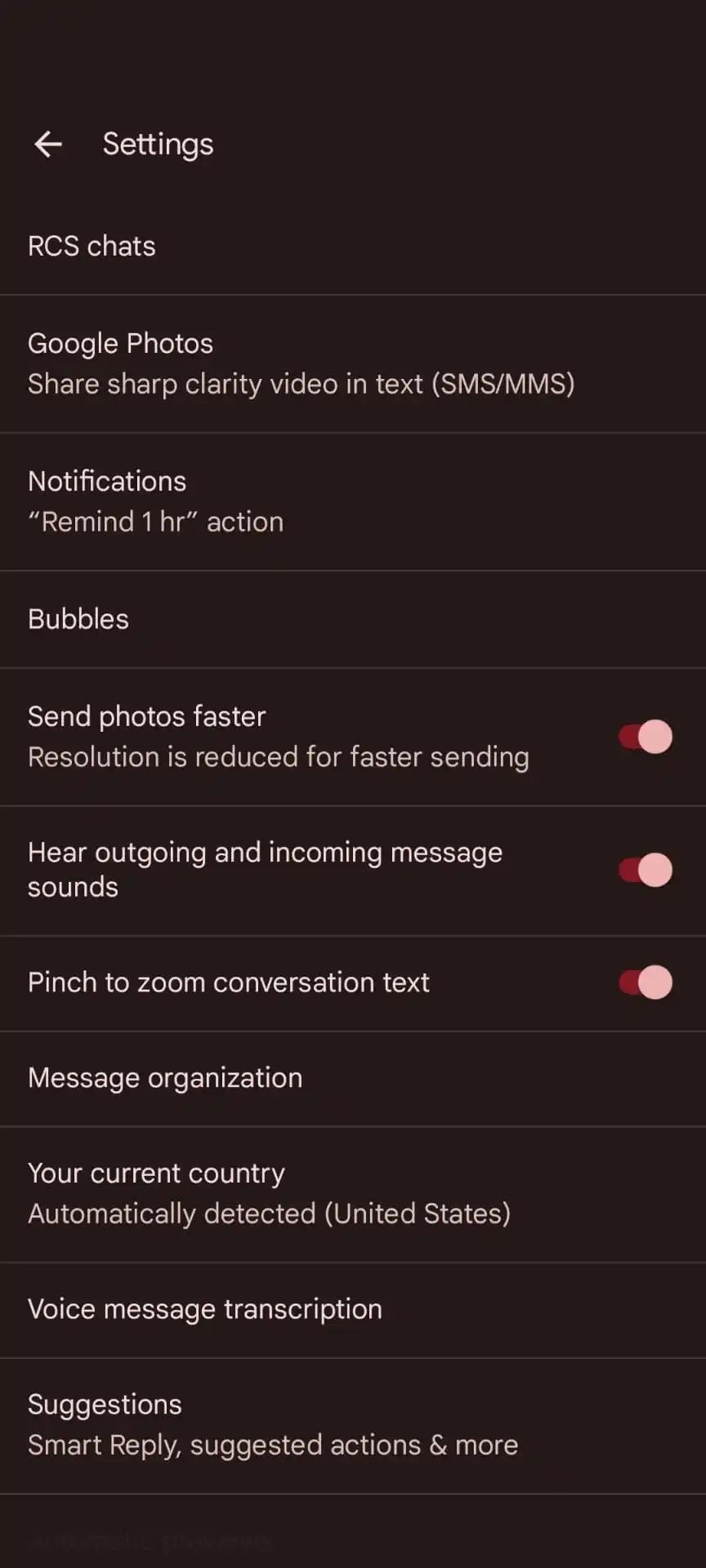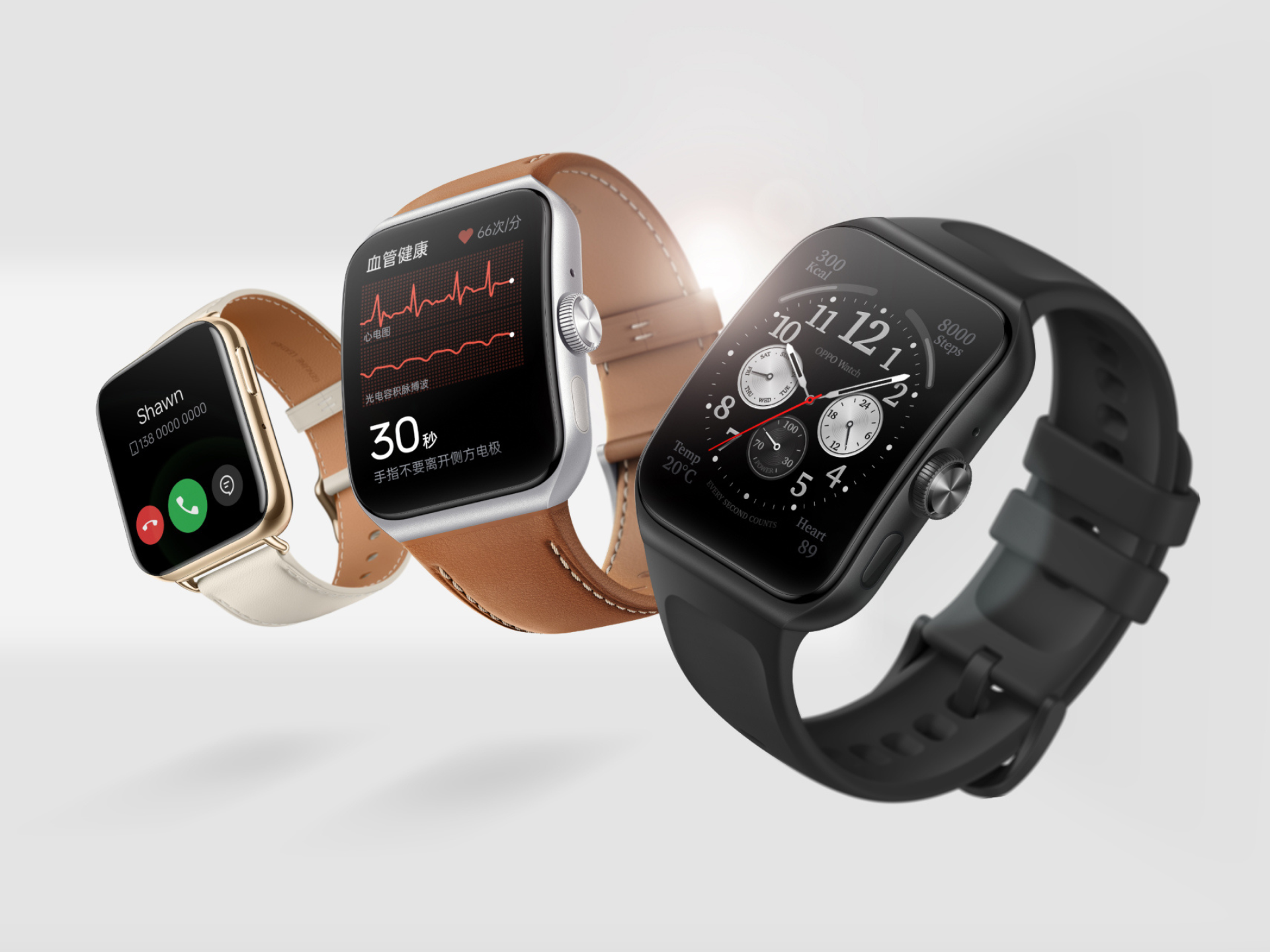A few weeks ago we were talking about a new feature called “Send Photos Faster” which would have appeared in Google Messages, Google’s messaging application. Well, at least in the Beta version 20230502_01 of the app, this feature is reaching an increasing number of users, interesting details have emerged about the size, resolution and quality of the photos shared using this mode.
The photo quality decreases dramatically with this function
The “Send photos faster” feature is located in the main settings of the Google Messages application and is enabled by default. It affects both images sent via RCS (Rich Communication Services) and MMS (Multimedia Messaging Service) and, when effective, results in a reduction in resolution from 2048 x 1152 to 1600 x 900 pixels. Consequently File size decreases by more than 50%.
Examining the results of the tests performed, it turned out that using the Send Photos Faster option resulted in an average file size reduction of over 60%. However, as widely expected, there is a fairly noticeable drop in quality of the images, especially when zooming. Despite this aspect, the functionality could offer one significant savings both in terms of loading time and data consumption (based on the connection used), which fully achieves the purpose of the function.
Google’s decision to favor speed when sending and storing data, even at the expense of image quality, can be quite bold. As soon as the feature is available on your device, this is coming enabled by default without informing the user. In order for the latter to be aware of the arrival on their smartphone and to ensure greater freedom of choice, we think it would be better to ask if you actually want to activate this option once it appears in the app’s settings. A more efficient alternative would be to let Google evaluate the user’s cellular connection speed and automatically decide whether to enable this feature or not. In the coming weeks, we’ll find out if the Mountain View giant will make these small, important changes as well.
Maybe you missed it: Google welcomes passkeys and says goodbye to passwords



